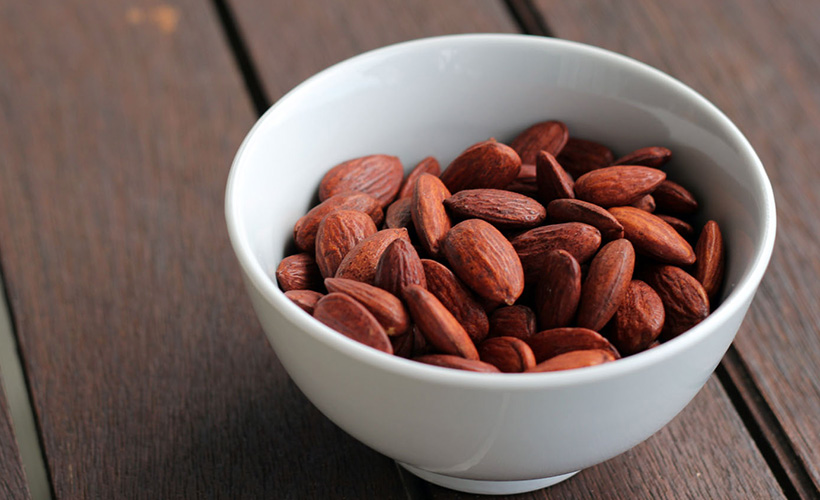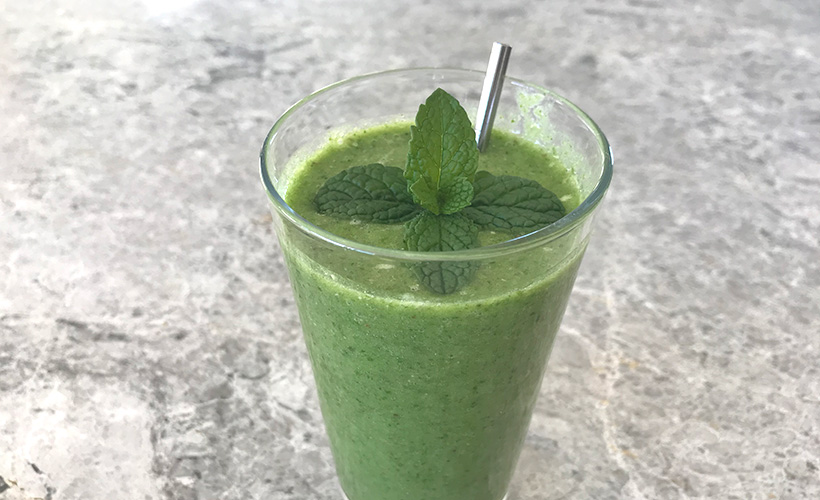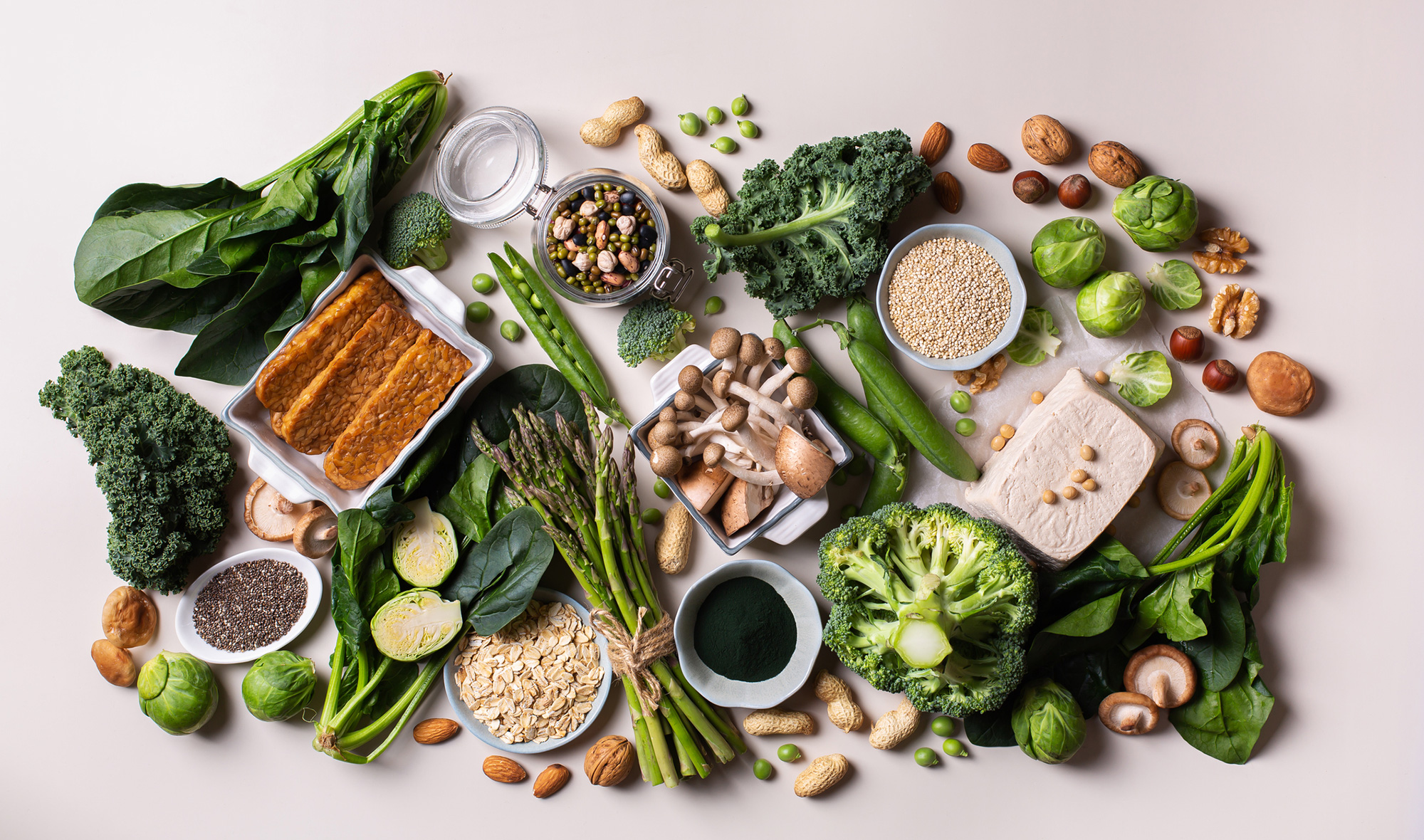Let’s talk about fibre—not the most glamorous of topics, perhaps, but oh-so-worthy of a moment in the spotlight. Because if you’ve ever felt bloated, sluggish, or a little off in the belly, chances are your digestive system is waving a leafy green flag and whispering, “More fibre, please.” Fibre is the unsung hero of happy digestion. It helps keep things moving (you know what I mean), feeds the good bacteria in your gut, and even helps balance blood sugar and cholesterol. But despite its many perks, most of us aren’t getting nearly enough. The good news? Getting your daily dose doesn’t have to mean overhauling your diet or forcing down dry bran flakes.
Think of fibre as the gentle broom for your digestive system. It helps sweep things along, supporting regular, comfortable bowel movements and preventing that backed-up, bloated feeling that nobody enjoys. But beyond regularity, fibre also plays a role in:
Feeding the good gut bacteria: Some types of fibre act as prebiotics, which basically means they’re food for the helpful bacteria that live in your gut. A well-fed microbiome is linked to stronger immunity, better mood, and even improved skin clarity.
Balancing blood sugar: Fibre slows down the digestion of carbohydrates, which helps prevent spikes and crashes in blood sugar—good news for energy levels and long-term health.
Keeping you fuller for longer: Foods rich in fibre tend to be more satisfying, which can help reduce mindless snacking and support stable energy throughout the day.
Supporting heart health: Certain fibres help lower cholesterol levels, which is an added bonus if you’re thinking long-term wellbeing. In other words, fibre isn’t just about helping you go to the loo (though it certainly helps there too). It’s part of a bigger picture—one that affects everything from gut health to hormones, mood, and metabolism.



















Community